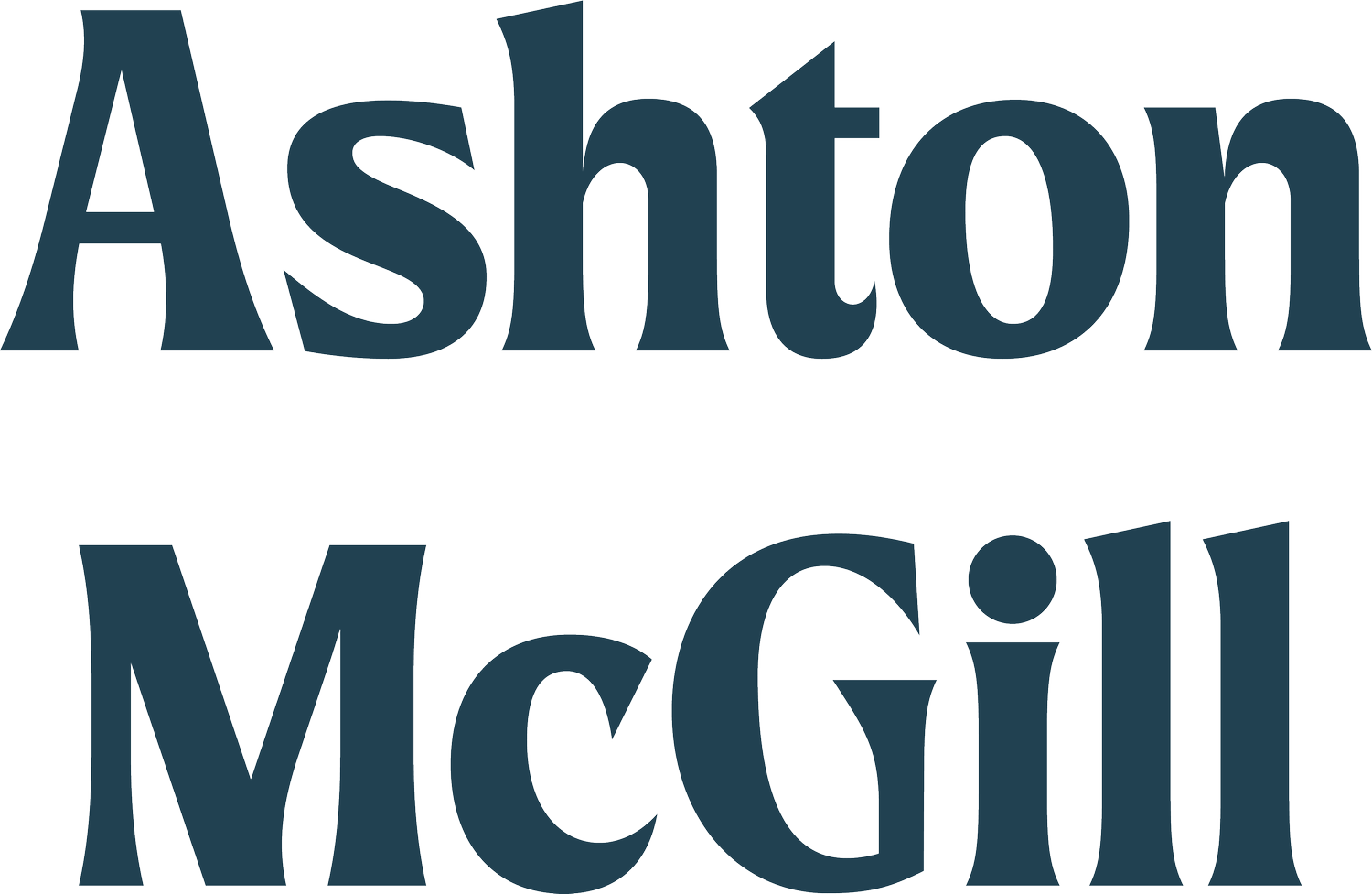What Accounting Setup Should You Have For Your Business?
In order to grow a profitable business, it’s important to establish the right accounting setup from the outset. Accounting and bookkeeping are essential for gaining clarity on how your business is performing, and getting the basics right is key.
A good accounting setup helps your business do more than stay compliant– it lays the foundations for business growth, helping you harness technology to operate more effectively, make better decisions, and plan for the future.
In this blog post, we'll discuss the essentials of a good accounting setup for your business, including creating a bespoke app stack and tailoring it to fit your business.
Accounting solution: the beating heart of your business.
We like to think of accounting software as the beating heart of an organisation. It’s a central source of truth that gives you an accurate, up-to-date view of what’s going on in your business.
By harnessing the wealth of financial data in your accounting system, you can better understand the numbers that sit behind your business and gain clarity on the things that matter to you. Leading accounting software like Xero offers a vast amount of customisation, providing a number of reporting opportunities that help you make informed decisions about growing your business.
When selecting your accounting software, it’s essential to consider the features you need, the cost of each option, and which tool is best suited to your business. It’s also important to remember that there’s no one-size-fits-all approach– it’s about selecting a tool that can be tailored to fit the specific needs of your business.
Creating a bespoke, tailored accounting setup for your business.
An accounting tool like Xero offers an ‘out-of-the-box’ setup that can be fully customised to suit your business. A tailored accounting setup offers more visibility and clarity about the things that matter. You’ll be able to do more accurate reporting and stay compliant when things are set up properly.
A bespoke accounting setup also provides better insight into your company’s performance, so you can make informed decisions about how to use your money and grow your business. From here, you have the ability to plug in other tools and create a fully bespoke financial system to ensure that your business is operating efficiently and effectively.
Bookkeeping solution: the financial foundations.
Once you’ve chosen the right accounting software and tailored it to fit your business, you need to find a tool to manage record keeping. This is an important decision, as the right bookkeeping software should make it easier to track your finances and should provide accurate data for financial reporting.
We like to think of the bookkeeping solution as the foundations of your financial strategy. All of the data you record in your bookkeeping software flows directly into your accounting software, forming the cornerstone of all the financial reporting and decision-making.
There are many different types of bookkeeping software available, but it’s important to choose a tool that integrates with your accounting software, so your your financial data is always easily accessible and up to date.
Industry add-ons: building a customised software stack.
When tailoring your financial setup, you can utilise a range of tools that integrate with your accounting system to save you time, help you manage your business better and stay on top of your finances.
These range from CRM systems to manage leads and customer data, invoicing tools to easily create and manage invoices, and task management tools to help you stay on top of your workload.
You can also take advantage of industry apps that integrate with your accounting software to help you manage industry-specific workflows, such as job and project management.
When building your software stack, it’s important to consider scalability, reliability, and security. The software you choose should be able to grow with your business, provide reliable performance, and ensure that your data is secure. You should also consider the ease of use, cost, and support options available with each software solution.
Financial reporting: the key to informed decision-making.
Finally, you should think about how you'll use reporting to monitor the financial health of your business. Accounting software usually provides a range of financial reports, such as profit and loss statements, cash flow statements, and balance sheets. Good financial reporting not only provides insight into your company’s performance, but also helps business owners make better decisions.
Accurate financial reports can provide a range of information, such as the cost and profitability of various products and services, customer spending trends, and more. This data can be used to identify areas where the business can save money, increase profits, and improve efficiency. Knowing where to invest and when to cut costs can be invaluable for improving the bottom line of a business. Additionally, financial reporting can help business owners identify areas where they can increase their product offering or expand into new markets.
With the right financial reporting tools in their app stack, business owners can make informed decisions about how to use their money and grow their business.
Laying the foundations for growth.
With the right accounting setup and processes in place, you can create a bespoke financial system that fully supports your business as it grows.
A bespoke, tailored accounting setup is essential for laying the foundations for business growth.
A good accounting system gives you the data and insights you need to make the best financial decisions for your business, and ensures you are set up for success.
By investing in the right accounting setup and processes, you can operate your business more efficiently and effectively, and lay the foundations for long-term growth.




